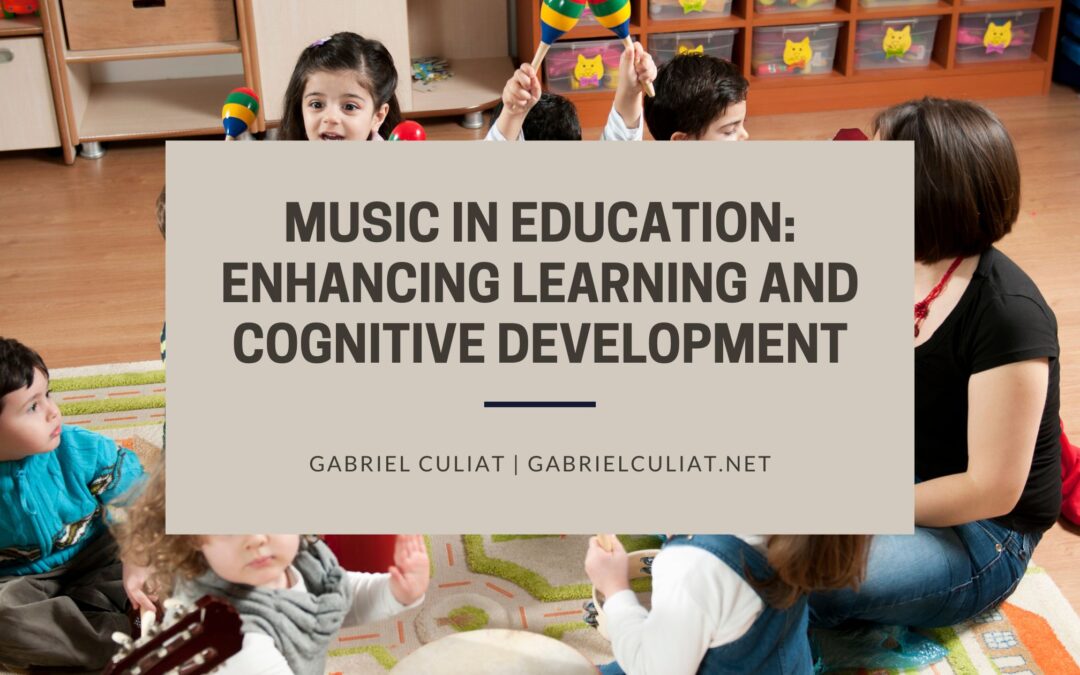In the realm of education, the integration of music has proven to be a powerful catalyst for enhancing learning experiences and fostering cognitive development. The harmonious marriage between music and education goes beyond the joyous tunes heard in classrooms; it profoundly impacts students’ cognitive abilities and overall academic performance.
Music Education Matters to Cognitive Development
Music education is not just an extracurricular activity; it plays a pivotal role in shaping cognitive development. From enhancing memory and attention to improving problem-solving skills, the cognitive benefits of music education are far-reaching. Research suggests that students engaged in music programs tend to outperform their peers in non-musical cognitive tasks.
The process of learning to play an instrument or understanding musical concepts activates various regions of the brain. This intricate brain engagement contributes to developing neural connections, fostering a more agile and adaptable cognitive framework. The structured nature of music education also cultivates discipline, focus, and attention to detail—all transferable skills applicable to various academic disciplines.
How Music Education Enhances Brain Development
The impact of music education on brain development is a fascinating area of study. Beyond the immediate cognitive benefits, music education has been shown to have a lasting impact on the brain’s structure and function. Children exposed to music education from an early age exhibit enhanced neural plasticity, which refers to the brain’s ability to adapt and reorganize itself in response to new experiences.
The intricate coordination required to play a musical instrument refines fine motor skills and hand-eye coordination. Moreover, the auditory processing involved in recognizing and interpreting musical notes sharpens students’ auditory discrimination skills, contributing to improved language development and literacy.
Enhancing Academic Performance: The Mozart Effect
The “Mozart Effect” is a phenomenon that has garnered attention in the realm of music and education. While the exact nature of its impact is debated, evidence suggests that listening to classical music, particularly compositions by Mozart, may temporarily enhance spatial-temporal abilities. This temporary boost in cognitive function has led some educators to incorporate music, particularly classical compositions, into study sessions and academic activities to optimize learning conditions.
Beyond the Mozart Effect, ongoing exposure to music education has been linked to improved academic performance across various subjects. Students in music programs often exhibit higher standardized test scores, better grades, and a heightened ability to comprehend and analyze complex concepts.
As educators continue to recognize the transformative power of music, its harmonious notes will resonate not only in school corridors but also in the enriched cognitive landscapes and well-rounded individuals it helps to cultivate. Music education is not just a melody; it’s a symphony of learning and development.

